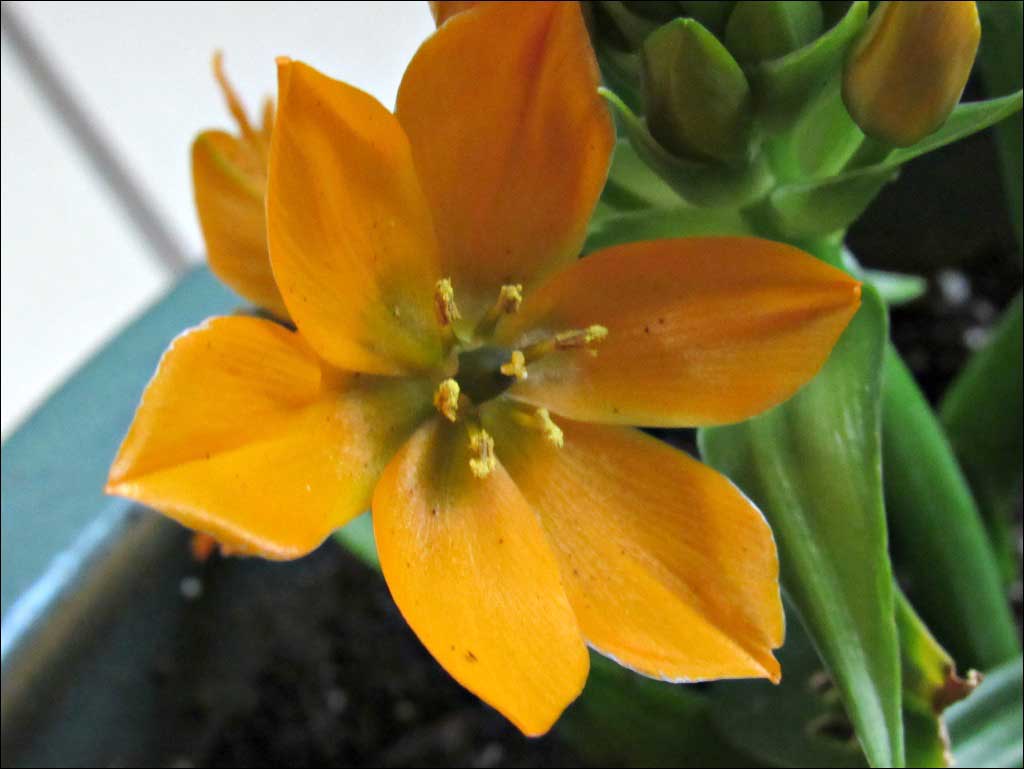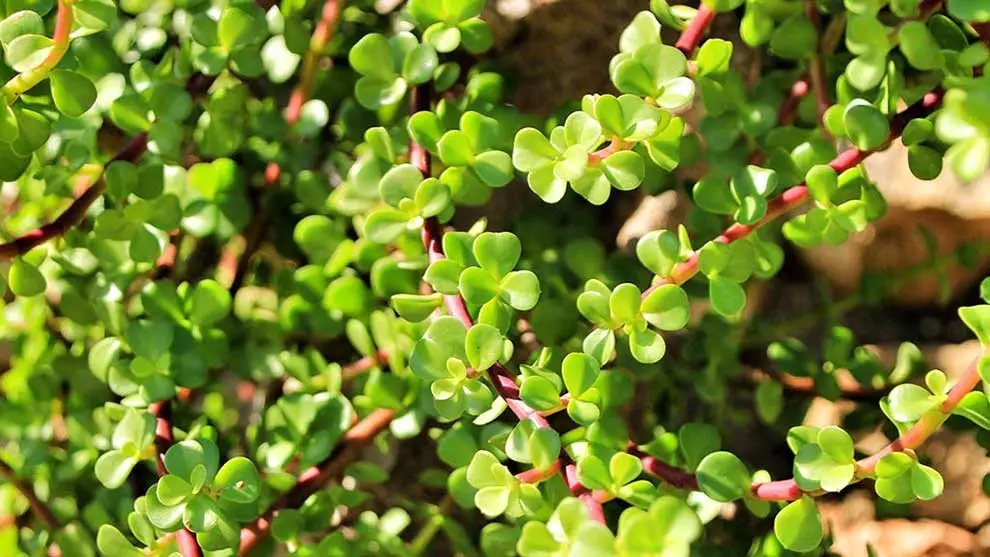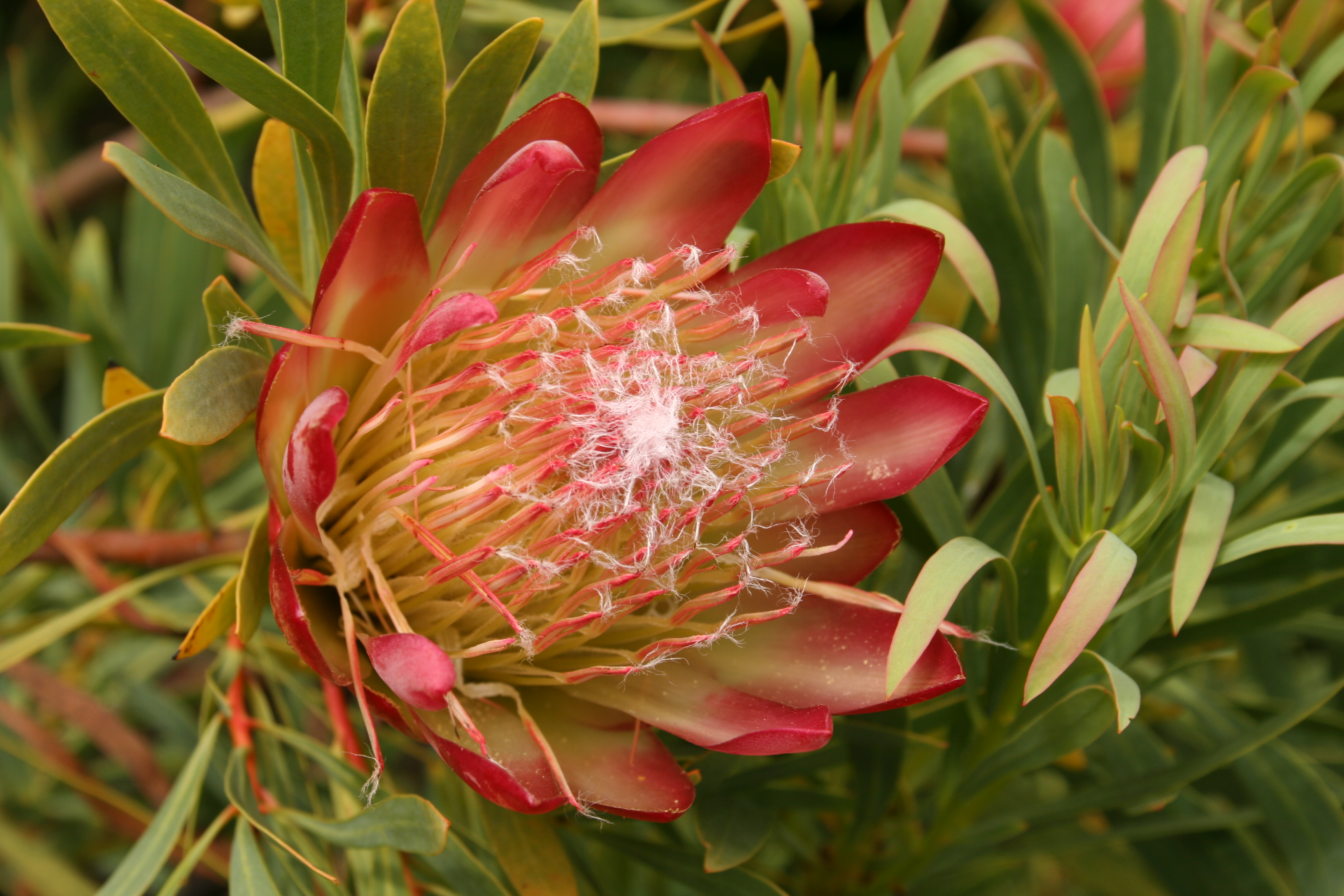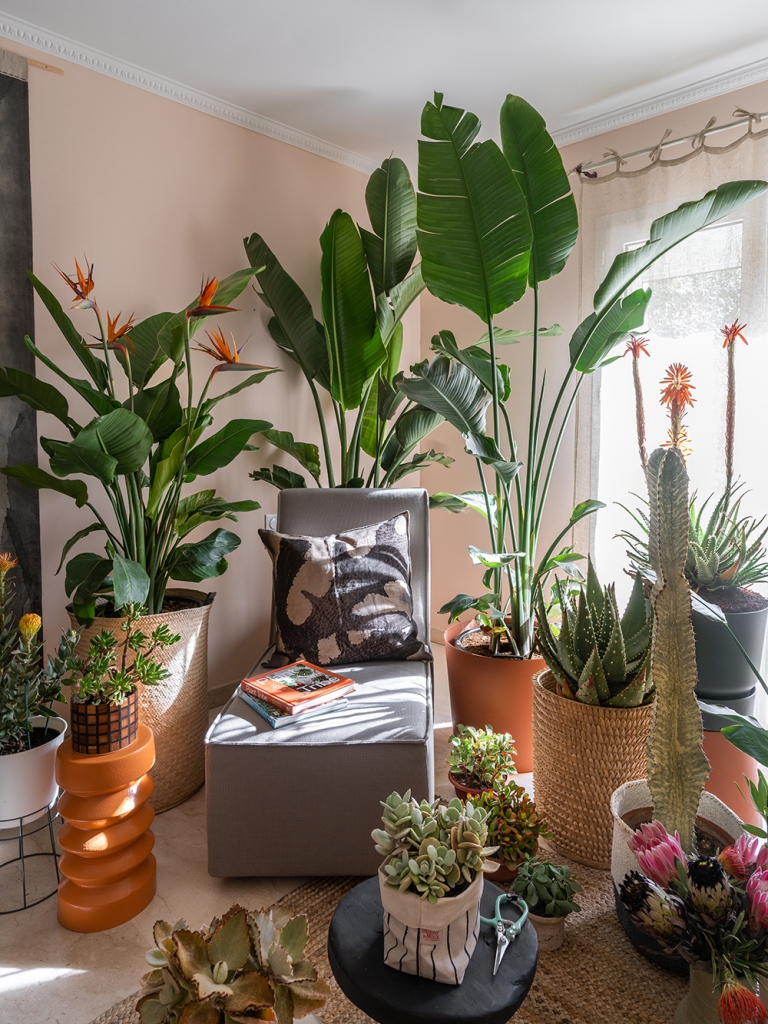21+ South African House Plants Background
African house plants are perfect for indoor gardening because they require minimal care and can thrive in low-light conditions. Plus, they come in various shapes and sizes, making finding one that fits your style easy. If you want to add some greenery to your home, consider DIY planters or check out the best places to buy African house plants.
/grow-african-violets-indoors-1902733-02-ae7c409a65ba4b949cb33518c37dd90e.jpg)
How to Grow and Care for African Violets
Alocasia, elephant's ear, African mask plant: Botanical Name: Alocasia spp. Family: Araceae or Aroid: Plant Type: Herbaceous perennial: Mature Size: 2-10 ft. tall, 2-10 ft. spread (depends on species and variety) Sun Exposure: Bright indirect light indoors; part shade outdoors: Soil Type: Loose, well-draining potting mix or crumbly loam: Soil pH

South Africa transplant this star flower bush (Grewia occidentalis) is
Most Popular African Houseplants. 1. Cylindrical Snake Plant. Botanical Name: Sansevieria cylindrica. Originated in Central Africa, especially Angola, it is a beautiful specimen with its spears-like foliage that also looks like starfish. You can grow it in partial to full sun in a succulent potting mix. 2.

9 Beautiful Rare Houseplants You Need Right Now Alocasia plant
Turn pots regularly to keep flowers from reaching for the light. Place growing African violets 3 feet (1 m.) from a south- or west-facing window for the right lighting. If this light cannot be maintained for eight hours, consider supplementing with fluorescent lights. Fertilizer - Fertilize African violet plants with special African violet food.

House Plant Club on Instagram “Variegated plants are the very best
The ZZ plant, or Zamioculcas zamiifolia, is one of the most popular indoor houseplants from East Africa. It is a low-maintenance plant that typically grows no more than two feet tall, making it one of the best houseplants for small spaces. This hardy species is straightforward to care for and often has glossy green-and-white variegated foliage.

African Violet House Plants at
African violets are a must-have for any indoor garden because they flower year-round under the right growing conditions. These pretty houseplants are available in more than 16,000 named varieties! Their flowers come in soft pink, lavender, purple-blue, and pure white, and some types have ruffled or double-petaled blooms in different colors.
/Alocasia_amazonica_Elephant-s-Ear_Plant_--584229025f9b5851e58fb8b0.JPG)
Amazon Elephant's Ear Growing Tips
Types of African Violets . The original plants, the S. ionantha, were introduced in Germany in 1893.Shortly after, the S. confusa were introduced when a grower at the nursery noticed subtle differences among some of the plants. Since then, thousands of varieties have been produced. Today, African violets are available in single and double flowers, frilled and different shaped flowers.

7 South African garden plants for a beautiful garden South african
Repot African violets every 6-12 months. When the violet grows to be about 3 times the diameter of the pot, select a larger pot to house the plant. A larger pot will help to prevent root rot and encourage lateral growth. Sometimes, the root ball of the violet will separate during transplanting.

Five Tips for Easy African Violets HousePlants Now
With a sharp knife, cut ½ an inch of the stem at a 45-degree angle. Plant the leaf into a small pot with a light, porous propagating soil mix and bury the stem up to the base of the leaf. Water as you would usually, and cover the pot with a clear plastic bag. This will help to produce the best humidity for growth.
/GettyImages-506833061-596e07e1519de20011ec92bf.jpg)
The King Protea South Africa's National Flower
African violets thrive best with daytime temperatures between 70° and 80° F and nighttime temperatures near 65° F. Avoid overwatering; water just enough so that the soil is uniformly moist but not saturated. Use tepid or room temperature water; cold water can damage the root system and will cause spotting if spilled on leaves.

African Plants SunnyvaleGarden
Make sure the plant does not sit in the water. If you are comfortable, your African violet is comfortable. Optimal room temperature for growing African violets is between 60 and 80 F and ideally 70 F. Humidity at 40-60% will help African violets thrive. Group plants together to conserve humidity or set plants on trays of pebbles and water.

South African Trees 8 Impressive Ones You Must See Shamwari
African violets are small houseplants that grow well in average house temperatures, flowering almost continuously in clusters of white, blue, or purple blossoms over fuzzy leaves. Here's how to care for African violets in your home while they fill your home with joy. About African Violets. Despite their common name, African violets are not a type of violet but produce vivid, violet-colored.

25 best Houseplants from Africa images on Pinterest Indoor house
The ZZ Plant is known by many names, including Zanzibar Gem, Zuzu Plant, Emerald Palm, and the Eternity Plant. It is a tropical perennial plant native to south-eastern Africa- from southern Kenya to north-eastern South Africa. This is where the plant grew outdoors in its natural habitat for years. It wasn't until 1996 when Dutch nurseries.

African Plants Garden Auckland Botanic Gardens
Free 2-day Shipping on Millions of Items. No Membership Fee. Shop Now! Visit Walmart.com to Get Lowest Prices on Best Home & Garden Products!

Houseplant Travel to South Africa
Caring for African Violets. These plants have few demands but will reward you with almost constant bloom if they are happy. They appreciate a warm house: 65ºF to 75ºF during the day with a 5ºF to 10ºF drop at night. Bright indirect light is ideal, though during the short days of winter they can tolerate full sun..

Purple African Violet Live Potted semiminiature indoor plants
Step 3: Prepare the container. As long as your African violet isn't root-bound, meaning that the roots are growing in a circle around the edge of the container, you can return the plant to its previous container. Wash out the pot before continuing. Then place a layer of fresh soil in the bottom of the container.